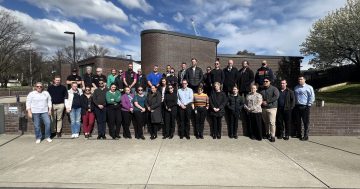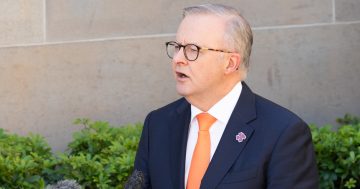 The United Kingdom Cabinet Office is monitoring staff members’ computer and Wi-Fi logins to ensure Public Servants are complying with Ministers’ back-to-the-office drive.
The United Kingdom Cabinet Office is monitoring staff members’ computer and Wi-Fi logins to ensure Public Servants are complying with Ministers’ back-to-the-office drive.
A privacy notice for the Department’s official IT platform has been updated, revealing that staff data, including system usage, IP addresses, office locations and email and document access logs, is being used to monitor office attendance.
The data is being processed “to compile anonymised office occupancy statistics and report on overall numbers of staff attending Cabinet Office locations, in order to monitor overall compliance to office working and inform future strategy of how Cabinet Office estates are used,” the notice says.
Departments began publishing office-occupancy data for their Whitehall headquarters in June amid a push by then-Minister for Government Efficiency, Jacob Rees-Mogg to get more Public Servants back at their office desks.
The latest statistics show that as of the last week of August, Whitehall buildings were at between 48 per cent (in the case of the Wales Office) and 85 per cent (Ministry of Defence) capacity.
Two-thirds of desks were occupied at the Cabinet Office’s own Whitehall headquarters.
The privacy notice update indicates that scrutiny of Public Servants’ working locations is unlikely to let up, despite Mr Rees-Mogg having been promoted to Minister for Business.
It follows months of what is widely considered to be politically-driven pressure on hybrid and remote workers to spend more time in the office.
It also relates to the announcement of the Government’s latest property strategy, which has upped the number of buildings to be sold off from the public estate from 16 to 20 in the coming years.
A Cabinet Office spokesperson said it was up to each Department to determine how to monitor office attendance.
“Work is under way to develop a common methodology for efficiently monitoring occupancy that provides a daily and historic trend record of office occupancy levels for a building,” the spokesperson said.
The move has sparked an immediate backlash, with General Secretary of the Public and Commercial Services union, Mark Serwotka calling IT monitoring a “worrying, Big Brother-style development that we fear could be used to victimise our members who work from home rather than in the office”.
London, 15 September 2022











